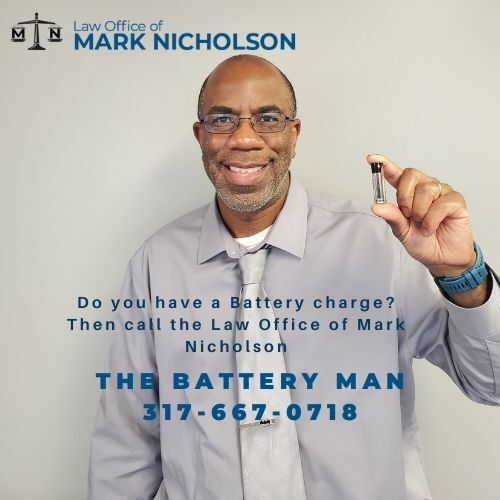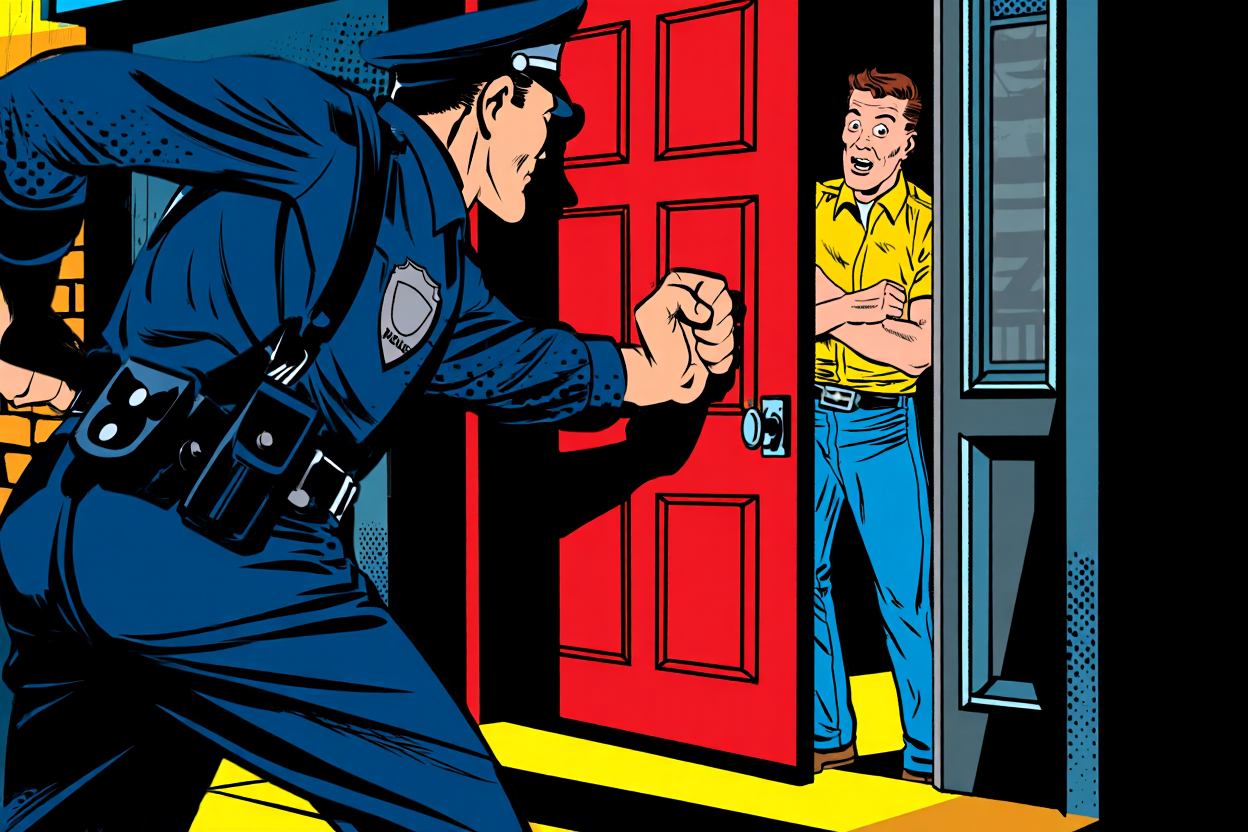DUI/OVWI 4 Tips to Remember
Law Office of Mark Nicholson: DUI/OVWI Defense
The 4 Tips to Remember
1. DO I HAVE TO TALK TO THE POLICE?
You have the right to remain silent. You have no duty to tell the police anything except your identity and provide them with identifying paperwork such as driver’s license, vehicle registration, and proof of insurance.
If you choose not to answer the police’s questions, do so politely. Always be polite because, in most instances, the officer will not be happy and will be very nervous. You can let the officer know you will exercise your right to remain silent.
2. WHAT IS A STANDARD FIELD SOBRIETY TEST?
At some point, the officer will ask you to exit your vehicle and perform Standard Field Sobriety Tests (SFST). Field Sobriety Tests are a quick and easy way for the police to investigate if a person is under the influence of alcohol. The tests can be subjective, and if you fail, even one of the Field Sobriety Tests, the police will use that failure as evidence you were intoxicated.
3. DO I HAVE TO BLOW INTO THE PORTABLE BREATH TEST?
What is a PBT test? After asking you to do the Field Sobriety Tests, the police will ask you to blow into a Portable Breath Test Machine (PBT). If you blow into the Portable Breath Test Machine and there is alcohol in your system, the police now have additional evidence against you. You have the right to decline the Portable Breath Test.
4. WHAT IS THE IMPLIED CONSENT LAW AND THE CHEMICAL TEST?
Finally, the police will read you Indiana’s Implied Consent Law and ask you to submit to a Chemical Test. The police put you in a Catch-22. You have the right to refuse the Chemical Test; but there are severe legal consequences.
If they arrested you for drunk driving, then find the best Indiana DUI attorney for you. Call top-ranked and case winning DUI attorney Mark Nicholson at 317-667-0718.




















